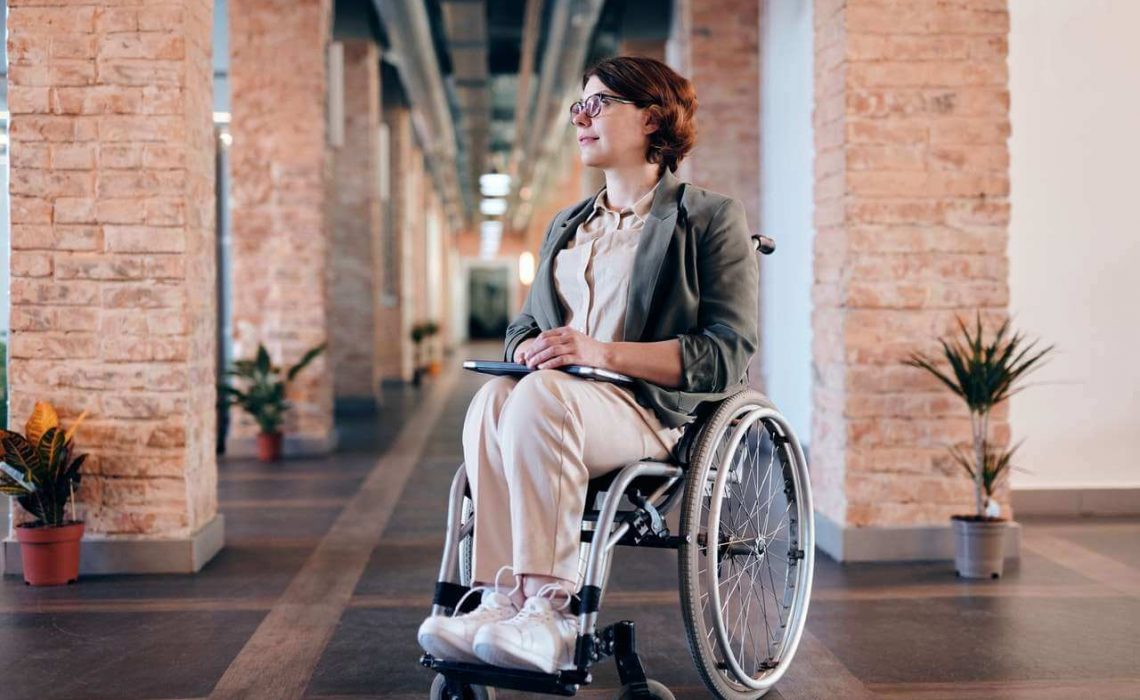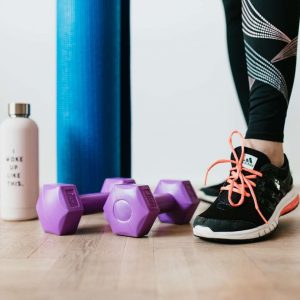It isn’t easy to comprehend how, one day, you are no longer able to do the things you used to do or to see yourself not being able to do what most people can. For some, an accident, illness, or disease caused this sudden turn in their lives, but others were born with it. Disability is already painful, but it can also lead to an even more difficult hurdle — loss of purpose in life.
Having a sense of purpose inspires us to keep going every day. It keeps us eager to look forward to the following days, months, and years, knowing that something or someone is waiting for us. With disability often stripping people of their jobs, self-esteem, joy, ability to take care of themselves, and hopes for the future, it is not surprising that they lose their sense of purpose altogether. When a person feels ready to move into a SIL house shared with two to three people check disability services near me for more information.
However, it is not the end. Looking in a different light, one can regain the meaning of life despite the hardships. It will take time and effort, but it is always something worth trying.
Below are some ways to help regain life’s purpose:
1. Join A Support Group
Table of Contents

Surrounding yourself with people who have experienced the same things will make you realize that you are not alone. They can relate to you, understand your struggles, and will not look upon you with judgment. You can also learn from their experiences and open your mind to new perspectives about your condition. It may not be the immediate solution to your situation, but it is a safe place to start your inner healing.
2. Talk To An Expert
In some cases, support groups won’t be sufficient. If things aren’t well despite your efforts to connect people with the same condition as yours, don’t be afraid to seek professional help. You may need advice from a counselor or a specialist.
If you are an NDIS participant, consider talking to your NDIS plan management staff and support coordination provider. They will assist you through counselling, goal setting, and finding the best specialist who will help further with your condition. This way, you won’t need to deal with paperwork associated with disability insurances, and you can focus on the betterment of yourself.
3. Exercise
Keeping your physique healthy and fit is directly related to how your body will handle stress. So, you need to keep it moving and allow the endorphins to alleviate your pain and boost your mood. You can start slowly, performing your exercises at home, and when you are ready, you can go to your local gym and check if a personal trainer who works with people with disabilities can help you out. It can be an excellent way for socialization, too.
4. Keep A Journal
Sometimes, you need to get feelings you’ve kept for so long off your chest. Having a journal provides a way for you to pour them all out in your private space. It can be a healthy outlet for anxieties, doubts, fears, and loneliness. One day, it might surprise you when you read back in your journals how far you had come from those moments and can help you go forward each day.
5. Feed Your Soul
Our body is not all there is to us. Find something that can nourish your soul too. Let yourself discover what stirs you in the innermost parts of your heart. It can be in simple things around you, like the smell of coffee in the morning or the sound of the rain, the cuddle of your pets, or spiritual encounters; tap on them and allow peace to flow.
Your limitations do not define your purpose, but what you do despite the difficulties can give you a whole new meaning in life.
- How To Create A Safe And Comfortable Home Environment For In-Home Care In Boca Raton? - July 16, 2024
- 10 Trendy Black Nail Ideas To Elevate Your Nail Game - May 6, 2024
- Getting A Free Divorce In Virginia? Here’s What To Expect - April 24, 2024





No Comments